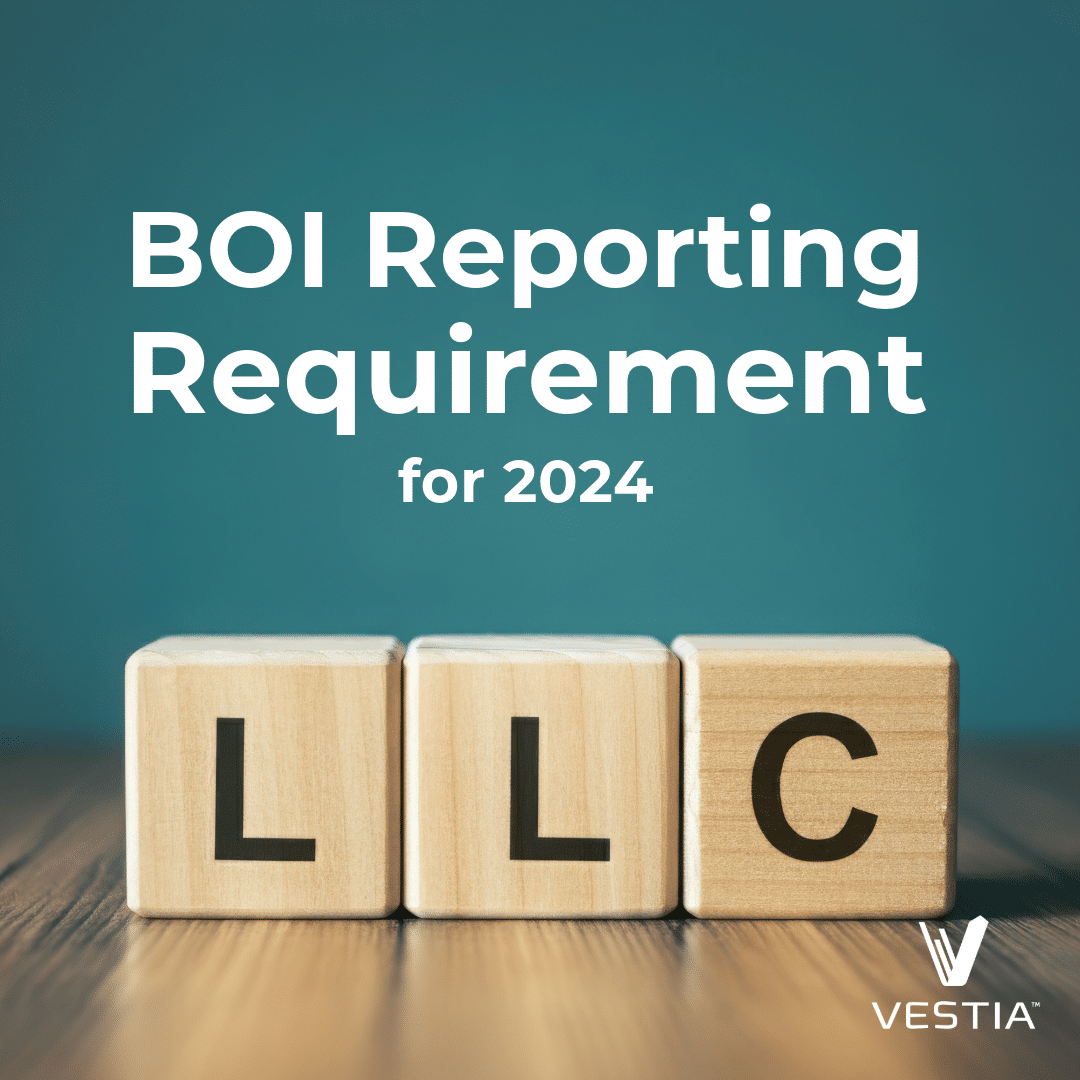When it comes to investing, stocks often get the attention, but there is another type of asset class that may work well for your portfolio: bonds.
Bonds tend to be more elusive than stocks because they often stay out of the headlines unless there’s a big swell or drop in interest rates.
The current interest rate climate has led many doctors to ask,
Does investing in bonds still make sense?
Let’s explore some ideas physicians can consider about investing in bonds.
Why hold bonds?
Bonds can play an important role in building a diversified portfolio. Generally, stocks and bonds react differently to market conditions, and bonds may provide an added buffer in more turbulent market swings. Given the intense market volatility over the past year, diversification is top of mind for many investors in 2021.
Bonds offer downside protection
When the markets are doing well, it may be easy to fall into the trap of ‘letting the good times roll’ and doubling down on equity holdings, but we believe it’s prudent to think through your downside exposure when markets dip. If your portfolio only holds stocks, you’ll likely experience more severe volatility in a downswing.
We often encourage doctors to consider having a “stable value” or “downside” protection component of their portfolios. Historically, bonds have been a good way to achieve that. In other words, bonds are often in a portfolio to potentially keep you from losing as much in a downturn rather than to turn you a handsome profit.
Looking for other options? 4 Alternatives
In the current environment, bonds aren’t yielding the way they used to, and doctors are wondering whether they should seek out other options. Whether you want to scale back on bonds or pursue other avenues as alternatives, there are several other investment vehicles that you can consider adding to your portfolio.
1. Swap Bonds for Equity
This switch is anything but a one-to-one trade. Swapping bonds for equity will likely expose your portfolio to greater risk. How much risk is appropriate for your situation?
We examine your long-term plan to help inform the optimal risk levels for your needs. This is a highly comprehensive process as we “pressure test” your financial plan with thousands of different market scenarios to help determine the right mix of bonds and equities that will give you the highest probability of achieving your long-term goals.
Ditching bonds entirely may leave your portfolio more susceptible to market downturns and even potentially put you in a less optimal position to achieve your financial goals. It’s our goal to help you maintain your best long-term financial position.
2. Consider Annuities
If you don’t want to use bonds as your stable asset, you could turn your attention towards annuities. Annuities offer a set or variable amount of income for a certain period. This vehicle could provide your portfolio with a stability component.
For guaranteed income, an income rider could be a good choice. There are several different types of riders that you can tack onto an insurance policy or annuity to help bring more stability and certainty to that asset. Our team can help you explore your options to see if any riders could potentially enhance your cash flow.
3. Look Into Buffered ETFs
Buffered or defined outcome ETFs can also be used to implement more structured portfolio protection. These securities may absorb some of the losses in a downturn in exchange for capping your returns.
You can choose the level of losses you’re protected from (before fees), most funds cover anywhere from 9% to 30% for 12 months.
How much do you give up in returns? It’s linked to the amount of protection you request. The more protection you want, the less the potential return. So, you would experience a lower possible return on a 30% protection as opposed to a 9% protection.
It’s all about balancing your risk as well as creating and maintaining your best chances for long-term success.
4. Explore Private Credit
Private credit is an alternative form of investing that allows investors to buy a bundle of loans made to privately held companies. The loans, then, work to provide more stable cash flows over time.
It’s important to know that private funds are more expensive, offer less liquidity, and carry substantial minimum investments. They can, however, help you achieve stable value and downside protection similar to a traditional fixed income allocation.
Are Bonds Still Good For Physicians?
Most doctor’s top priority when it comes to their investments is simple: generate strong returns.
While straightforward in theory, in practice, there are several moving pieces from your allocations and risk tolerance to market conditions to your goals and more.
Your asset allocation (the investments you choose) should represent all of these factors for a portfolio that’s unique to you. While doctors can find a lot of growth by investing in equities, markets shift and change all the time, making a stable value component critical for their portfolios.
Cutting those stable value elements like bonds may open you up to more risk, which could jeopardize your path to reach your goals. Whether through bonds or other stable investment alternatives, safeguarding your portfolio against downside risks is an excellent way to help you find success.
We love working with doctors to help them create portfolios that are designed to put them in the best long-term position. Schedule a call with our team today to find out how we can help you stay on track to reach your goals.
Disclaimer:
Investment advisory services offered through Vestia Personal Wealth Advisors, Vestia Retirement Plan Consultants, and Vestia Advisors, LLC. Securities offered through Ausdal Financial Partners, Inc., 5187 Utica Ridge Rd, Davenport, IA. 52807 (563)326-2064. Member FINRA/SIPC. Vestia Personal Wealth Advisors, Vestia Retirement Plan Consultants, Vestia Advisors, LLC, and Ausdal Financial Partners, Inc. are independently owned and operated.
This material is intended for informational purposes only. It should not be construed as legal or tax advice and is not intended to replace the advice of a qualified attorney or tax advisor. This information is not an offer or a solicitation to buy or sell securities. The information contained may have been compiled from third-party sources and is believed to be reliable.



